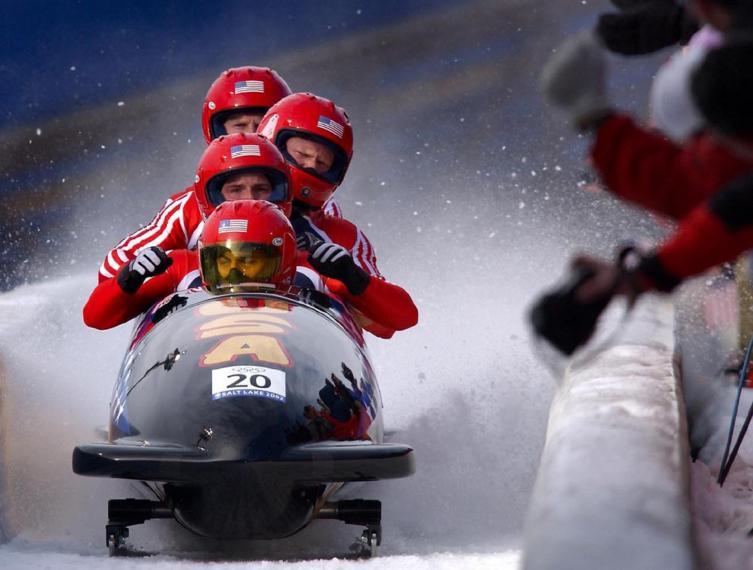
Adapting to the new "normal" at the Olympic Games
“From a marketing perspective, the 2022 Beijing Games present more obstacles than previous Olympics. With the lack of spectators and ongoing human rights issues in the host country, sponsors, athletes, and national Olympic committees are faced with having to be creative in using these Games as a marketing avenue. As we saw with the 2020 Tokyo games, sponsors are taking a more contentious approach to their activities. Athletes are competing under extreme COVID restrictions and limited use of social media platforms from China, which limits their marketing opportunities in a time when athletes are finally allowed more freedom due to changes in Rule 40 restrictions. From a Canadian perspective, the Games see the launch of a new key partnership for the COC and the CPC, with Lululemon becoming the official merchandise sponsor for the teams. If social media response during the opening ceremonies is any indication, it seems Team Canada was unofficially voted as the best-dressed team. Athletes have been sharing their Lululemon outfits on their Instagram and Tic Tok accounts, creating even more buzz for this new partnership.
Regardless of how Team Canada performs, these Olympic Games, have become something to watch and Lang researchers are certainly tuning in to see how brands, athletes, teams and the host nation perform over the next two weeks.”
Dr. Ann Pegoraro,
Lang Chair in Sport Management
School of Hospitality, Food and Tourism Management
Director of the International Institute for Sport Business and Leadership



